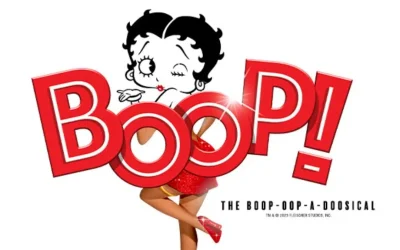The State of Utah will not be taking up the issue of ticket resale during this legislative session, and there are currently no plans to discuss it in the future, according to the representative who sponsored a bill on the matter.
Democratic Rep. Lynn Hemingway is no longer pushing the bill, H.B. 76, which he introduced last week at a House Rules Committee meeting, but he did not elaborate on why he is essentially tabling the proposal, other than to say that it never registered on the radars of fellow House members.
“It is being held in Rules Committee at my request,” Hemingway told TicketNews. “There was little or no support, and I discovered that the bill would create some unexpected and unwanted circumstances.”
Currently, there are no laws on the books regulating ticket resale, but the proposal would have made it a Class C misdemeanor punishable by up to 90 days in jail and a fine of up to $750.
Ticket resale is described in the bill as scalping a ticket to an event at a price greater than that listed on the ticket or the license of admission, as well as any applicable tax. In addition, the bill would require service charges not exceed the greater of $10 or 15 percent of the ticket price, and each attempted or resold ticket would constitute a separate offense.
While he would not go into specifics about why he is no longer pushing the bill, like many legislators who try to tackle the issue, Hemingway likely ran into the problem of how to enforce such a law, particularly when police forces typically have more pressing priorities. In addition, a thornier problem is what to do about tickets resold over the internet, a practice which is almost impossible to enforce.
Utah resident and ticketing professional Jared Budge, president of ticketing solutions provider Ice Entertainment Group, opposed the bill and corresponded with Hemingway to help educate him on some of the issues surrounding such legislation. Budge told TicketNews that he discussed “numerous concerns with [Hemingway] regarding enforceability, constitutionality, and the importance of preserving the free marketplace.”
“I wasn’t as concerned with how it would affect my business — we don’t do business in Utah — as I was concerned about the precedent that it may set for other, larger markets and states that may be considering similar legislation,” Budge said.
Hemingway’s bill is similar to one introduced and defeated in the Utah legislature in 1998




